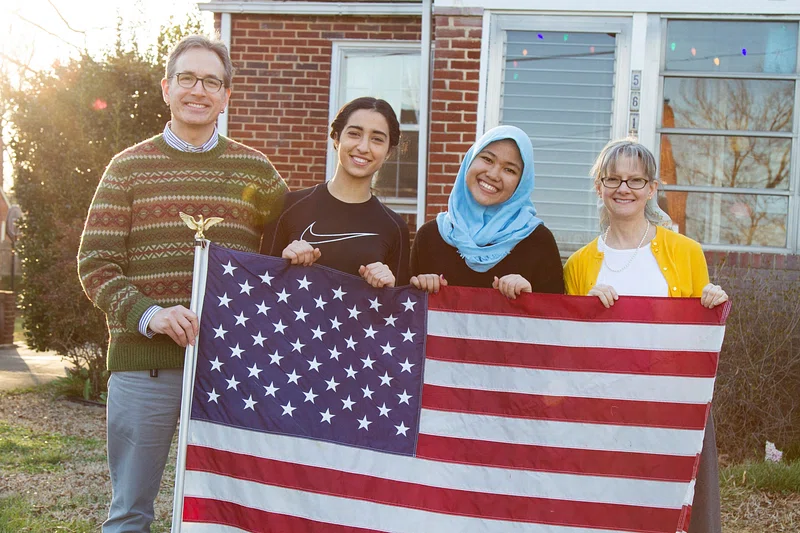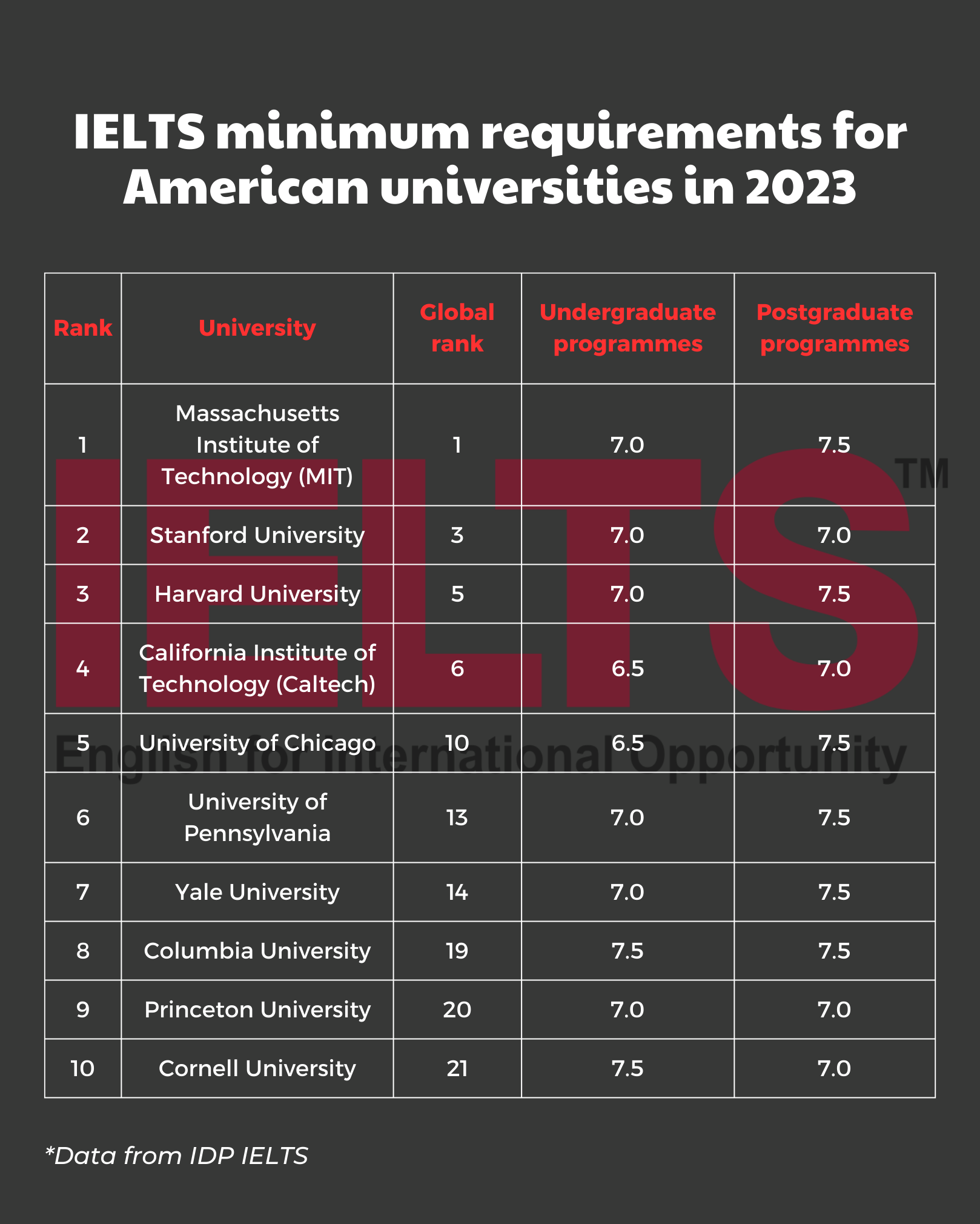
America has always been one of the top destinations to pursue academic excellence for international students, with more than one million students from more than 200 countries and territories in the school year 2022-2023, an increase of 11.5% compared to the previous school year.
Recently, a close look at some changes of those college admission criteria in the United States after the COVID-19 outbreak from experienced study abroad consultants has shed light on the preparation process of international students.
1. SAT is no longer a significant requirement
SAT (Scholastic Assessment Test) includes sections on Reading, Writing and Language, Math, and an optional essay. This score is among the many factors that universities take into account when evaluating applicants for admission.
In 2020 and 2021, the COVID-19 pandemic forced those assessments to be canceled, therefore the SAT and ACT tests are gradually becoming optional and the scoring trend is decreasing even after the end of lock down, leading more than 1,900 universities do not require candidates to submit standardized test scores for the fall 2024 semester.
However, some prestigious schools in the US are still required to submit the SAT or ACT such as Massachusetts Institute of Technology (MIT) and Georgia Institute of Technology. A high SAT/ACT score is also a plus point to get accepted by Ivy League universities, which range from 1.500 to 1.580 out of 1.600.
2. IELTS scores accepted get higher
When the SAT scores became optional, schools in the US needed to find a replacement to assess their applicants’ English skills, therefore an IELTS certificate has to meet their expectations, which means stricter and higher.
In the past, the majority of American universities, except for a few top universities, only demanded international students to obtain a minimum IELTS score of 6.5 or its equivalent. However, nowadays, numerous institutions have increased this standard to 7, and in some cases, even 7.5. International students are advised to update themselves with a minimum IELTS score to apply for universities in the USA.

3. Get rid of priority to candidates from wealthy families
Many USA universities face backlash for giving preference to the children of alumni, donors, and faculty members, including Harvard University and other Ivy League universities, with a proportion of one in six students having a parent in the top 1% of income.
President Joe Biden promised that the United States Department of Education would take action to address this issue since most American citizens advocated for the elimination of this preference in university admissions.
Besides, regarding racism in university admissions, the US Supreme Court just ruled against considering racial factors at the University of North Carolina and Harvard University on June 29, 2023 in an act of affirmative action, in bid to increase the diverse number of Black, Hispanic and other minority students on USA campuses.
4. Personal statements will become more important, especially those emphasizing application
From insights of Mr. Kuba Wrzesniewski, bachelor of Harvard University, doctorate of University of California at Berkeley (USA), who has more than 10 years advising on the US college admissions, “If before, you only needed to focus on clarifying who you are and how excellent you are, now you have to show that you will use that talent to solve any problems that exist in your country, or in the world”.
Mr. Kuba stated that approximately a decade ago, a candidate's profile would be considered on par with others if they had a high academic GPA, participated in numerous extracurricular activities, and possessed proficiency in playing a musical instrument like the violin or piano. However, in the situation where advanced technology like ChatGPT and sham statements have become harder to detect, those universities want to see more innovative and original ideas of their potential students.
5. Colleges get more proactive to candidates recruitment
Due to the COVID-19 pandemic, the amount of international students enrolled in US universities significantly dropped and they have not yet returned to pre-pandemic levels. As a result, there is a growing trend among American universities, including universities that have a high rate of accepting applicants to welcome international students, particularly those who are able to afford the highest tuition fees. For instance, the University of Virginia recently revealed their intention to focus on 40 high schools in eight regions throughout the state, particularly in areas where there is a low number of students applying to the University.